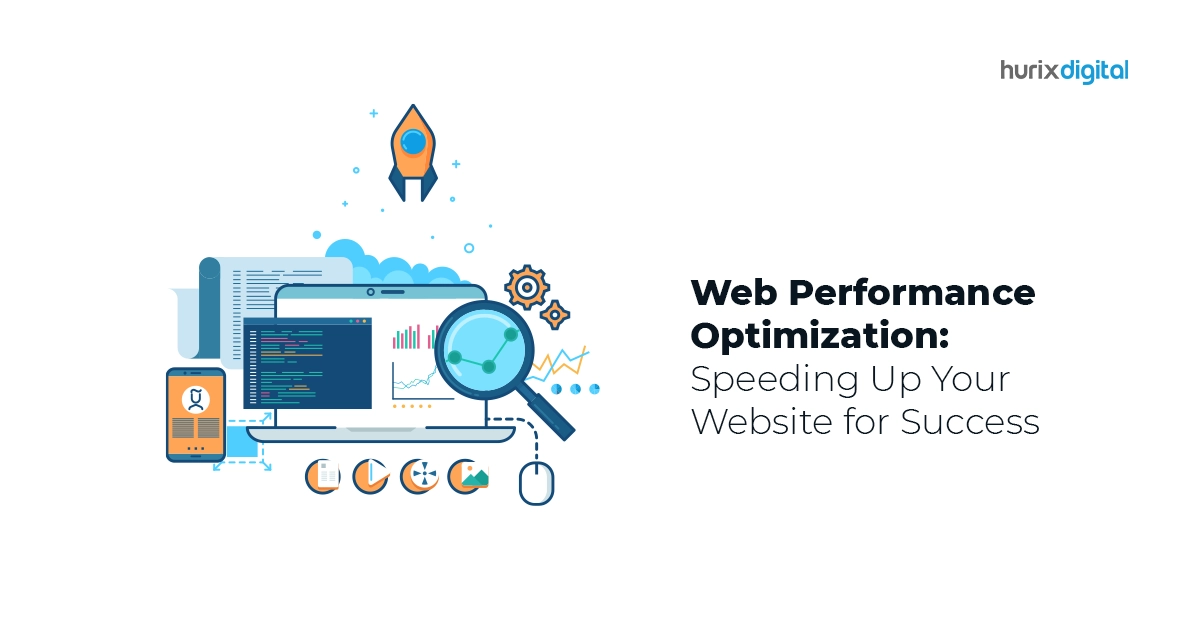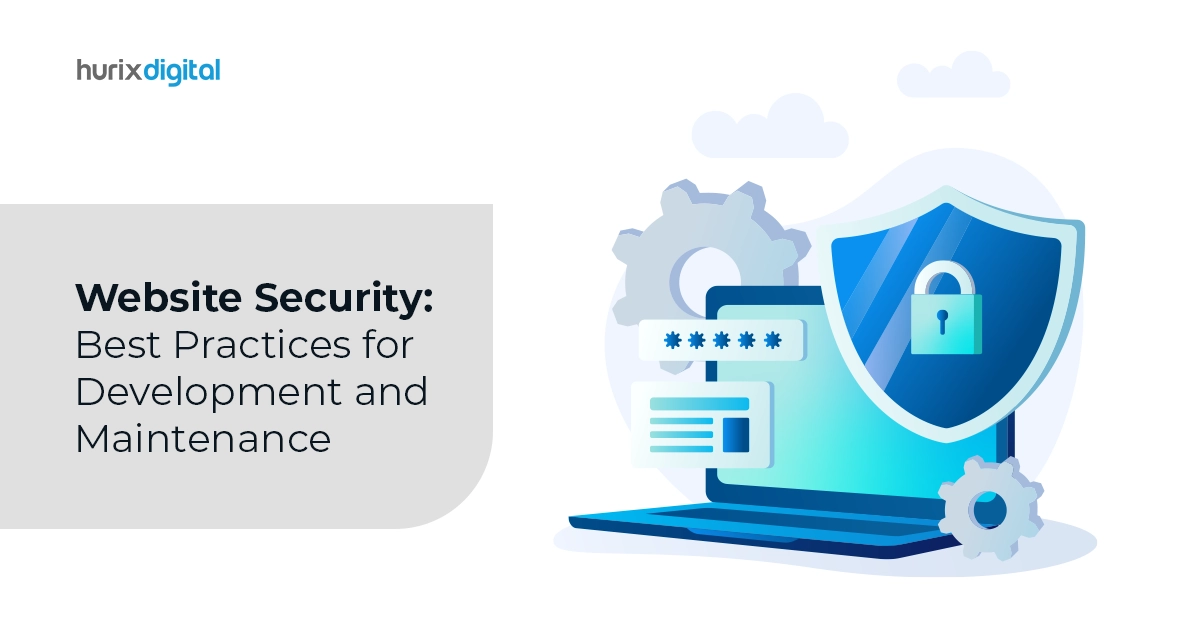Summary
Web performance is crucial for online success, impacting user experience, conversions, and SEO. Faster sites lead to higher engagement and revenue. Learn key optimization techniques for speed and success.
In today’s digital world, web performance is critical for any business looking to succeed online. With website visitors expecting near-instant page loads and seamless browsing experiences, having a fast, optimized website should be a top priority. Improving your website’s performance not only leads to better user experiences but also has tangible benefits like higher conversions, lower bounce rates, and improved SEO rankings. Read on to learn key web performance optimization techniques to speed up your website for success.
Table of Contents:
- The Importance of Web Performance
- How Page Speed Impacts Conversions
- How to Measure Your Website Performance
- Web Performance Optimization Tips
- Advanced Web Performance Strategies
- Ongoing Performance Monitoring
The Importance of Web Performance
With website performance being a key factor in search engine rankings and user engagement, focusing on speed should be a priority. According to Google research, 53% of mobile site visitors will leave a page that takes over 3 seconds to load. For desktop users, page load times under 5 seconds improved conversion rates by up to 90%. Clearly, speed matters.
Faster page load times keep visitors engaged on your site. Quickly loading pages with crisp response times feel more professional and responsive. Users are less likely to bounce and will explore more of your content. Speed optimizations also benefit SEO. Pages that load efficiently give search engine crawlers better experiences, signaling relevancy. With page speed carrying ranking weight, optimizations can improve positions.
How Page Speed Impacts Conversions
The numbers speak for themselves – faster websites simply perform better. Looking at case studies across industries, speed optimizations consistently drive up conversions:
- Walmart saw conversions increase by 2% for every 1 second of improvement in page load times.
- For Pinterest, an increase from 10 seconds to 5 seconds in load times raised conversions by 15%.
- COOK increased conversions by 7% by reducing page load time by 0.85 seconds.
The takeaway is clear – shaving off seconds from your page load times can dramatically impact conversions. For e-commerce sites, this directly translates to more sales and revenue. Slower sites leave money on the table. Prioritizing speed is key for capitalizing on conversions.
How to Measure Your Website Performance
To optimize effectively, you need visibility into how your website is currently performing. Leveraging website performance monitoring tools is key for understanding speed and identifying improvement opportunities. Here are some key performance metrics and tests to run:
1. Page load times – Track overall page load speeds from different locations. Look at average times as well as 95th percentile thresholds.
2. Time to first byte (TTFB) – This measures how long it takes for the server to return the first byte of content after a request is made. Lower TTFB indicates faster processing.
3. First contentful paint (FCP) – This marks when a user first sees website content rendered on their screen. Faster FCP enhances perceptions of speed.
4. Visual Completion – This identifies when above-the-fold visual elements of a page have been rendered. Optimizing visual completion improves perceived load times.
5. Lighthouse audits – Lighthouse tests measure performance, accessibility, SEO, best practices, and more. The scores help identify optimization areas.
6. Real user monitoring (RUM) – RUM uses JavaScript to capture detailed performance data from real visitor browsers. It provides insightful web performance analytics.
Monitoring vital speed metrics provides the visibility needed to identify and prioritize optimizations that will enhance website performance.
Also read, Website Development Trends to Watch in 2024
Web Performance Optimization Tips
Once you have benchmark web performance data, you can apply optimization best practices to speed up page loads. Here are some key ways to optimize your website for faster performance:
1. Optimize images – Images often make up most of a web page’s size. Compress and resize images to reduce file sizes. Leverage next-gen formats like WebP.
2. Minify CSS, JavaScript, and HTML – Minification removes unneeded whitespace and formatting to reduce file sizes without affecting functionality.
3. Enable compression – Compressing resources with gzip or brotli encoding reduces file transfer sizes for faster loads.
4. Cache resources – Caching serves resources from the browser cache rather than re-downloading, avoiding round trips. Leverage caching headers.
5. Reduce redirects – Chaining multiple redirects causes delays. Replace chains with direct redirects when possible.
6. Optimize web fonts – Web font optimization techniques like eliminating unused fonts, preloading, and self-hosting can improve performance.
7. Lazy load elements – Lazy loading defers non-critical elements until after the page loads to streamline critical rendering path resources.
8. Prioritize critical resources – Load CSS/JS resources needed for above-the-fold content first so pages start rendering sooner.
9. Upgrade to HTTP/2 – HTTP/2 offers faster transfer speeds through improved compression and multiplexing.
10. Improve server response times – Use a CDN to distribute resources closer to visitors. Scale host infrastructure to handle traffic spikes.
11. Choose lean, fast web hosting – Optimized hosting environments and plans provide faster baseline performance.
Adopting these best practices for optimizing and streamlining page resource delivery will boost perceived load times. Improvements compound for dramatic speed gains.
Advanced Web Performance Strategies
For more complex websites, additional performance optimization strategies may be needed:
1. Code splitting – With code splitting, JavaScript is split into smaller chunks loaded on demand instead of one large file. This accelerates page loads.
2. Server-side rendering (SSR) – SSR renders initial HTML on the server instead of the client side. This allows pages to load and become interactive faster.
3. AMP pages – AMP (Accelerated Mobile Pages) is an optimized open-source framework for fast-loading mobile pages.
4. Progressive web apps (PWAs) – PWAs use modern web capabilities for app-like experiences with fast performance.
5. Web performance testing – Testing helps identify performance bottlenecks at scale. Automated tools can simulate real-world visitor loads.
While quick wins typically come from tuning web content delivery, more complex sites benefit from a holistic performance approach factoring in front-end, back-end, infrastructure, and testing considerations.
Read more, The Impact of Artificial Intelligence on Website Development
Ongoing Performance Monitoring
Given the dynamic nature of websites, performance should be continuously monitored. As pages and features get added, performance can change. Monitoring key metrics identifies new problems before they impact conversions.
By leveraging real user monitoring (RUM) tools, you can track visitor-based performance data like page load times, requests, errors, and user actions. RUM provides invaluable insights not captured by synthetic testing. Set up performance monitoring dashboards and alerts to stay on top of changes.
Consider running weekly or monthly speed tests to benchmark performance over time. Use tools like Lighthouse or WebPageTest to recreate real user experiences. Compare scores week-over-week and optimize accordingly.
Fast-performing websites require ongoing vigilance. Continuously monitoring speed metrics and user experiences will ensure your site remains optimized as it evolves.
Conclusion
In conclusion, website speed has a demonstrated impact on visitor engagement, conversions, and search rankings. With users expecting near-instant experiences, performance is now a competitive advantage. Leveraging the web performance optimization techniques discussed will enable your website to deliver the fast, seamless experiences visitors demand. The business benefits of speed optimizations are well worth the investment – faster sites simply perform better.
With extensive expertise in web performance, Hurix Digital can audit your website, identify optimization opportunities, and implement best practices to significantly reduce page load times. By partnering with Hurix Digital, you can achieve the high-performing website today’s users expect.
Contact us for more info!











